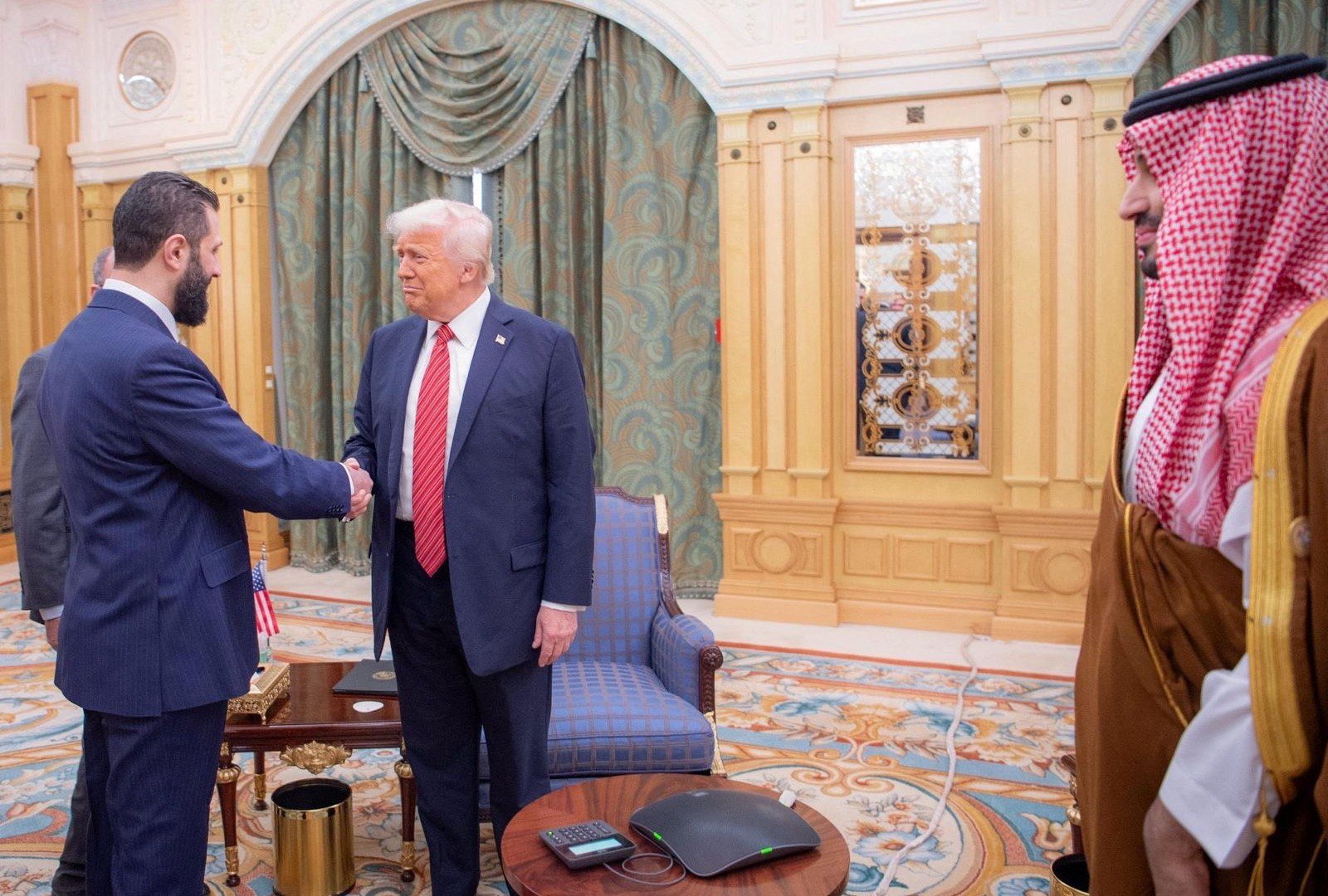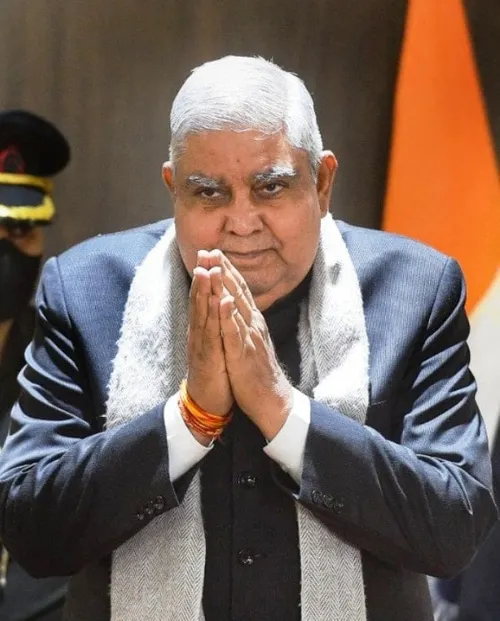The administration of United States President Donald Trump has taken its first concrete action to deliver sanctions relief for Syria, following a surprise policy pivot earlier this month.
On Friday, the US Department of the Treasury announced sweeping relief to an array of individuals and entities, which it said will “enable new investment and private sector activity consistent with [Trump’s] America First strategy”.
The US State Department, meanwhile, concurrently issued a waiver to a 2019 law, the Caesar Syria Civilian Protection Act, that would “enable our foreign partners, allies, and the region to further unlock Syria’s potential”.
Trump surprised the international community when, on May 13, he pledged to remove sanctions placed on Syria during the leadership of its now-ousted leader, President Bashar al-Assad.
Friday’s announcements mark an initial step towards that goal, as Syria recovers from abuses under al-Assad’s government and 13 years of civil war.
“As President Trump promised, the Treasury Department and the State Department are implementing authorizations to encourage new investment into Syria,” Treasury Secretary Scott Bessent said in a statement.
“Syria must also continue to work towards becoming a stable country that is at peace, and today’s actions will hopefully put the country on a path to a bright, prosperous, and stable future”.
Sanctions relief is critical for Syria to move forward. The United States is issuing a Caesar Act sanctions waiver to increase investments and cash flows that will facilitate basic services and reconstruction in Syria. We support the Syrian people’s efforts to build a more…
— Secretary Marco Rubio (@SecRubio) May 23, 2025
Trump first unveiled his plans for sanctions relief during a tour of the Middle East in mid-May. He said lifting US sanctions would give Syria “a chance at greatness”, since the restrictions left the war-torn country economically isolated.
“It’s their time to shine. We’re taking them all off,” he said from Riyadh.
Shortly after, Trump met and shook hands with Syrian leader Ahmed al-Sharaa, who had only recently been removed from the US’s “Specially Designated Global Terrorist” list.
Appeal for relief
Calls for sanctions relief had grown following the fall of al-Assad’s government last December. As head of the Hayat Tahrir al-Sham (HTS) group, al-Sharaa spearheaded the offensive that led to al-Assad fleeing the country, bringing the civil war to an end.
The war, which first broke out in 2011, had left Syria’s economy in tatters.
As many as 656,493 people were killed during the conflict, according to the Syrian Observatory for Human Rights, and a 2020 report from the United Nations estimated that the country suffered total economic losses of about $442.2bn in the first eight years of the war alone.
Sanctions have further dampened Syria’s economic outlook, making it difficult for countries with ties to the US to conduct business there.
Since taking power in December, Syria’s interim government has argued the ongoing sanctions, largely imposed during al-Assad’s rule, would slow development and cause further instability.
Trump’s announcement earlier this month buoyed hope for many Syrians of a new path forward, although the extent of the relief had remained unclear.
Earlier this week, the European Union also announced it had lifted sanctions against Syria.
Friday’s sanctions relief in the US applies to the “the Government of Syria … as in existence on or after May 13, 2025”, according to the Treasury Department.
The reprieve also applies to several previously sanctioned transportation, banking, tourism and fossil fuel entities.
Transactions related to Russia, Iran and North Korea remain under US sanctions.
One of the biggest hurdles, however, is the Caesar Syria Civilian Protection Act, a law that was passed in 2019, during Trump’s first term.
It included broad sanctions that targeted al-Assad’s government and its allies and supporters for atrocities committed against civilians.
The act was named after a former Syrian military photographer and whistleblower who smuggled out of the country a cache of images showing torture and mass killing at detention centres run by al-Assad’s security forces.
But since the law was passed by Congress, it will likely take an act of Congress to completely lift its restrictions.
The president, however, can issue temporary waivers to the law, which is what the Trump administration did on Friday.
In a statement, Secretary of State Marco Rubio said the waiver will last for 180 days, in order to “increase investments and cash flows that will facilitate basic services and reconstruction in Syria”.
“We support the Syrian people’s efforts to build a more hopeful future,” Rubio said.
Anurag Dhole is a seasoned journalist and content writer with a passion for delivering timely, accurate, and engaging stories. With over 8 years of experience in digital media, she covers a wide range of topics—from breaking news and politics to business insights and cultural trends. Jane's writing style blends clarity with depth, aiming to inform and inspire readers in a fast-paced media landscape. When she’s not chasing stories, she’s likely reading investigative features or exploring local cafés for her next writing spot.






